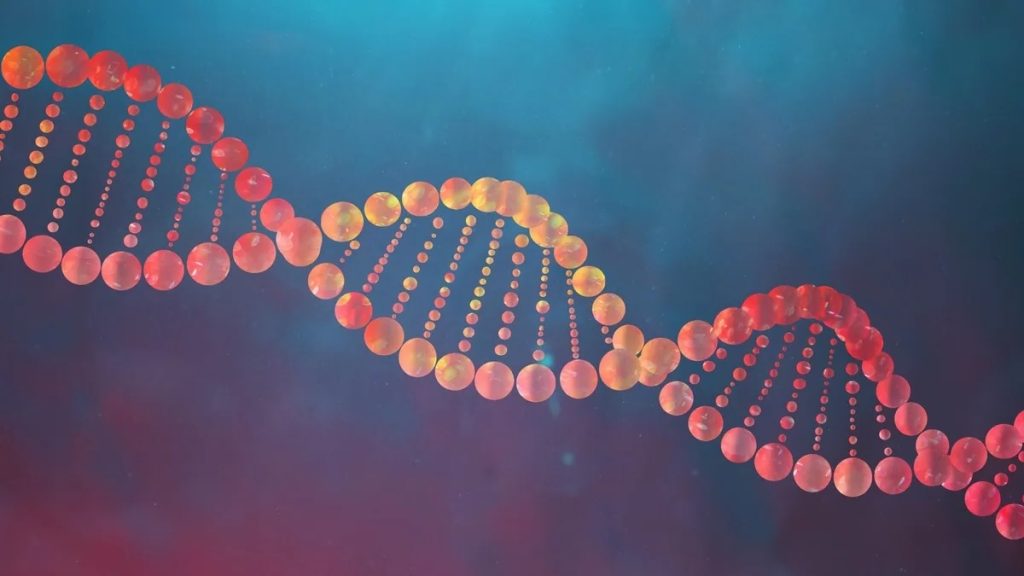Imagine standing at the threshold of one of humanity's most monumental discoveries, a revelation so profound that it forever altered our understanding of life itself. On April 25, we celebrate National DNA Day, a day dedicated to honoring two pivotal moments in the annals of science: the unveiling of DNA's double helix structure by James Watson and Francis Crick in 1953, and the completion of the Human Genome Project in 2003. These milestones not only cracked open the genetic code that defines every living creature but also paved the way for leaps in genetics, biotechnology, and personalized medicine. National DNA Day isn't just a nod to past achievements; it's a beacon for future explorations, inviting both experts and laypeople to marvel at the complexities of life's blueprint. As we reflect on these scientific triumphs, we're reminded of the curiosity and determination that drive human progress.
Key Takeaway
Timeline
Day Activities
-
Interactive Workshops: National DNA Day kicks off with hands-on workshops that demystify the complex world of genetics. Participants get to extract DNA from strawberries or cheek cells, a simple yet fascinating process. These activities not only spark curiosity but also lay the groundwork for understanding the importance of DNA in our lives.
-
Science Talks and Panel Discussions: Engaging talks by leading geneticists and panel discussions are central to the day's events. Here, attendees dive into the implications of genetic research on society, ethical considerations, and the future of personalized medicine. It's a golden opportunity for enthusiasts to ask burning questions and get insights from experts.
-
Educational Outreach and Competitions: Schools and universities join the fray with educational outreach programs and competitions designed to inspire the next generation of scientists. From essay contests on the impact of genetics on human health to DNA model-building challenges, these activities encourage students to explore the fascinating world of genetics and consider careers in science.
Interesting Facts
1. Discovery Date Coincidence
April 25 marks both the DNA structure discovery (1953) and the Human Genome Project's completion (2003).
2. Human Genome Project Impact
This project revolutionized genetics, paving the way for advancements in biotechnology and personalized medicine.
3. Watson and Crick's Role
James Watson and Francis Crick are credited with identifying DNA's double helix structure, a pivotal moment in science.
4. National DNA Day Goals
Aims to boost public interest in genetics and honor the field's scientific achievements.
5. Global Scientific Collaboration
The Human Genome Project was a global effort, showcasing international cooperation in scientific research.
Why We Love This Day
- Celebrating Scientific Milestones
National DNA Day isn't just any old day on the calendar; it's a day packed with history and groundbreaking achievements. Think about it: on this day, we're tipping our hats to the discovery of DNA's structure back in 1953 and the completion of the Human Genome Project in 2003. These aren't just footnotes in history books; they're giant leaps for mankind, paving the way for advances in medicine, genetics, and biotechnology. It's like having a front-row seat to the moments that have shaped our understanding of human biology.
- Inspiring Future Generations
What's cooler than scientists cracking the code of life itself? National DNA Day does more than just look back; it sparks curiosity and inspires the next wave of scientists, researchers, and curious minds. Schools and communities come alive with activities, workshops, and discussions, making science accessible and exciting. It's not every day you get to see kids' eyes light up as they extract DNA from a strawberry or learn how genetics can solve mysteries. This day is all about turning the "what ifs" into "what's next."
- Promoting Public Interest in Genetics
Let's face it, genetics can seem like a tough nut to crack, but National DNA Day has a way of making it relatable and, dare we say, fun. It's a day dedicated to demystifying the science behind genes and DNA, showing us how these tiny molecules play a huge role in our lives. From understanding hereditary diseases to unraveling the mysteries of ancestry, this day encourages us to dive deeper into our genetic blueprint. It's a reminder that science isn't just for scientists; it's for everyone, sparking conversations and fueling curiosity across the globe.
Past & Future Dates
| Month | Day | Year |
|---|---|---|
| APRIL | 25 | 2022 |
| APRIL | 25 | 2023 |
| APRIL | 25 | 2024 |
| APRIL | 25 | 2025 |
| APRIL | 25 | 2026 |
| APRIL | 25 | 2027 |
| APRIL | 25 | 2028 |
FAQ
How to celebrate DNA Day?
Celebrating National DNA Day can be as varied as the genetic code itself! Dive into the fascinating world of genetics by watching documentaries or reading about DNA's impact on our lives. Schools and communities often host science fairs, where budding scientists present projects related to genetics. Online, engage in webinars or participate in social media events to share your DNA Day spirit. DIY enthusiasts, why not extract DNA from strawberries at home? It's a surprisingly simple experiment that brings the wonders of DNA into your kitchen.
What is the purpose of National DNA Day?
What is National DNA Day and why is it important? National DNA Day commemorates the successful completion of the Human Genome Project in 2003 and the discovery of DNA's double helix by James Watson and Francis Crick in 1953.
What is the theme of the DNA Day 2024?
The importance of World DNA Day 2024 is “Genetic Discoveries: Honouring the Past, Inspiring Tomorrow”. The day aims to promote genetics education and awareness, and to celebrate the discovery of DNA and the completion of the Human Genome Project.
What is the hashtag for National DNA Day?
Use hashtag #DNADay21 to spread the word about your events and activities. Create online partnerships by hosting contests, Twitter chats and other competitions.
